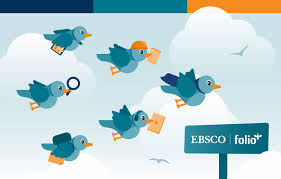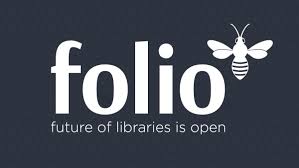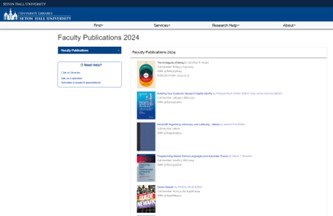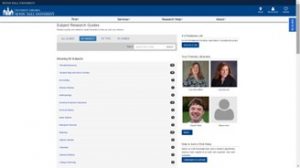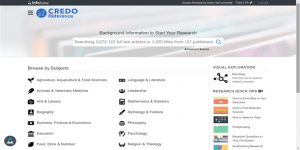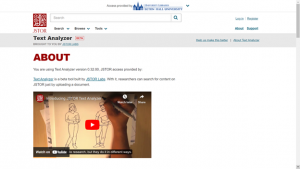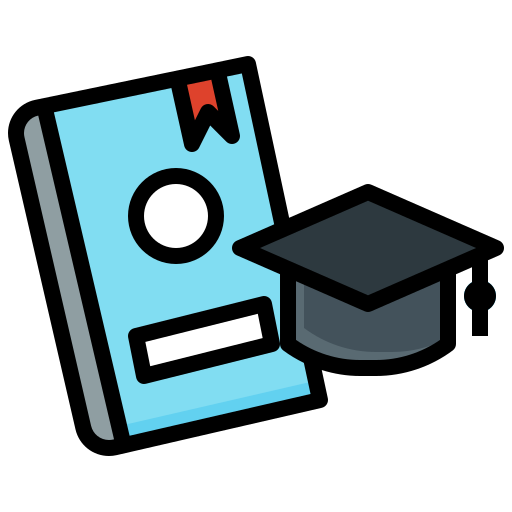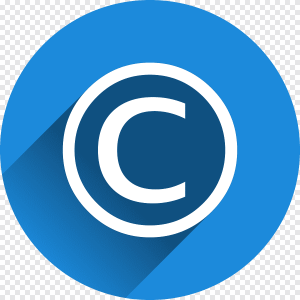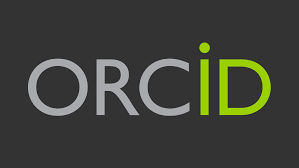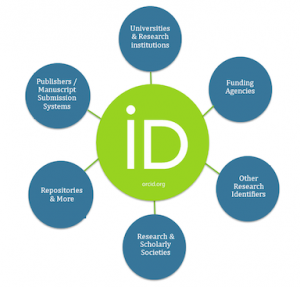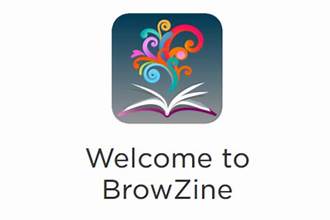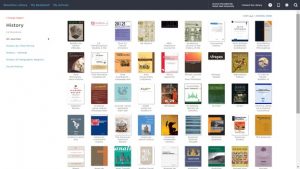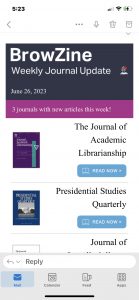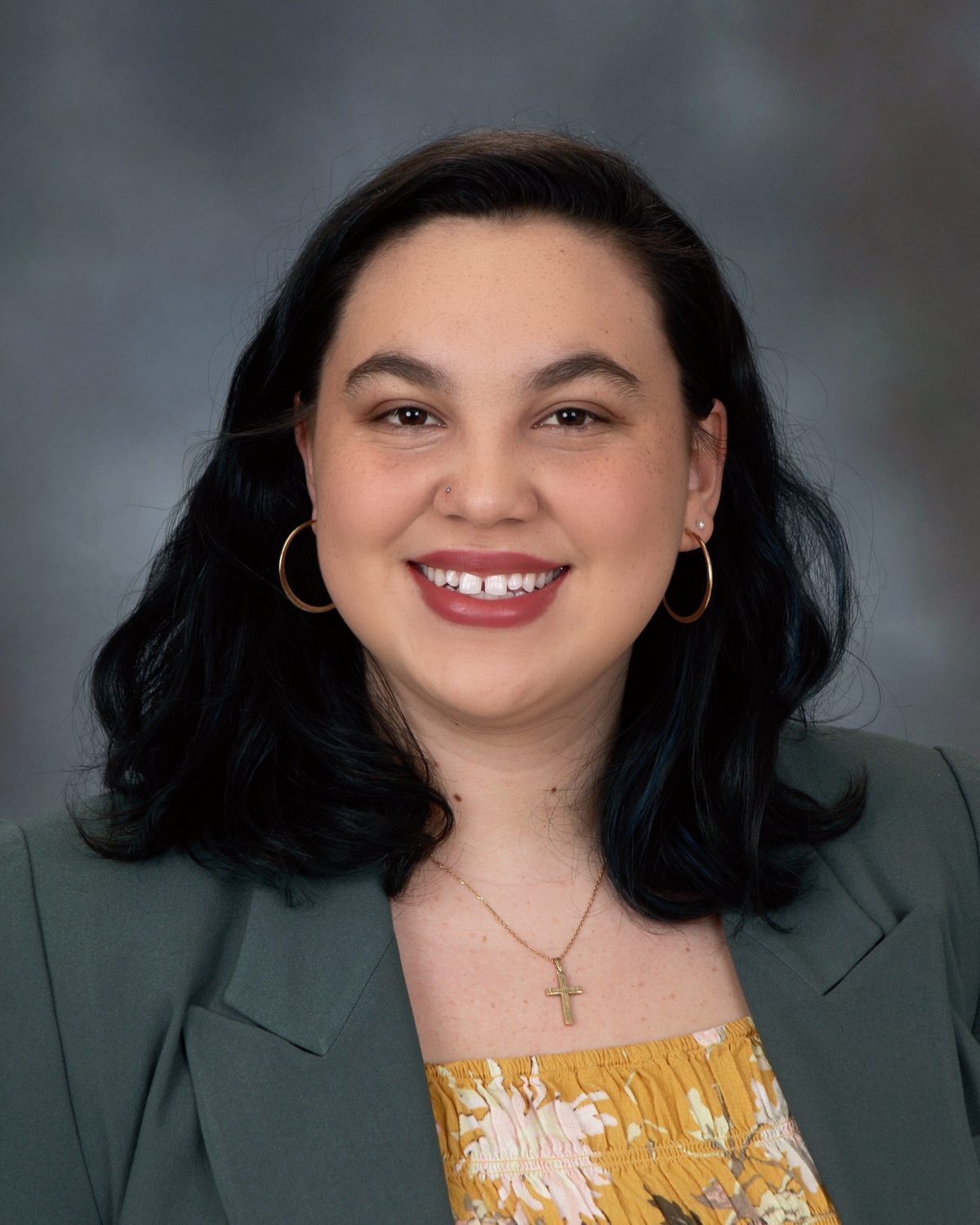The Seton Hall University Libraries will went live with the FOLIO Library Services Platform (LSP) on March 3, 2025. Using EBSCO FOLIO hosting and implementation services from EBSCO Information Services (EBSCO) the new system will provide SHU Libraries’ end users with a complete solution that joins library resources with seamless access anytime, on any device.
The mission of the SHU Libraries is to create and implement tools that are easy to use, suit researchers’ needs and can work with their current and prospective library systems. EBSCO FOLIO joins in this mission to aid the university in implementing the open-source LSP, marrying openness and accessibility with the innovation and collaboration that make up the FOLIO platform.
FOLIO works seamlessly with existing solutions, streamlining workflows and providing ease of access and better innovative possibilities for the SHU Libraries. Through FOLIO’s customizable architecture, the University Libraries will be free to choose applications for its unique system while avoiding their previous ILS’s forced packages and predetermined workflows. As existing and active users of EBSCO Discovery Service™ (EDS) and OpenAthens, FOLIO presented itself as the most practical option for the Libraries.
Seton Hall University Libraries Assistant Dean of Information Technology and Collection Services, Sharon Ince, says the decision to switch to FOLIO helps streamline workflows significantly “We needed to find a solution to address impasses, especially those surrounding ERM workflows and linking to our discovery layer. Since both solutions are built natively within EBSCO products, we felt confident in our switching to the open LSP with EBSCO’s support.”
SHU Libraries will join several notable Association of Research Libraries (ARL) members who use EBSCO FOLIO Services, including Columbia University Libraries, Cornell University, the Library of Congress, Michigan State University, Oklahoma State University, and the University of Georgia.
We welcome you to our information center in the near future, but in the meantime if you need detailed help through the University Libraries. You can book a research appointment here: Research Appointment Site.
